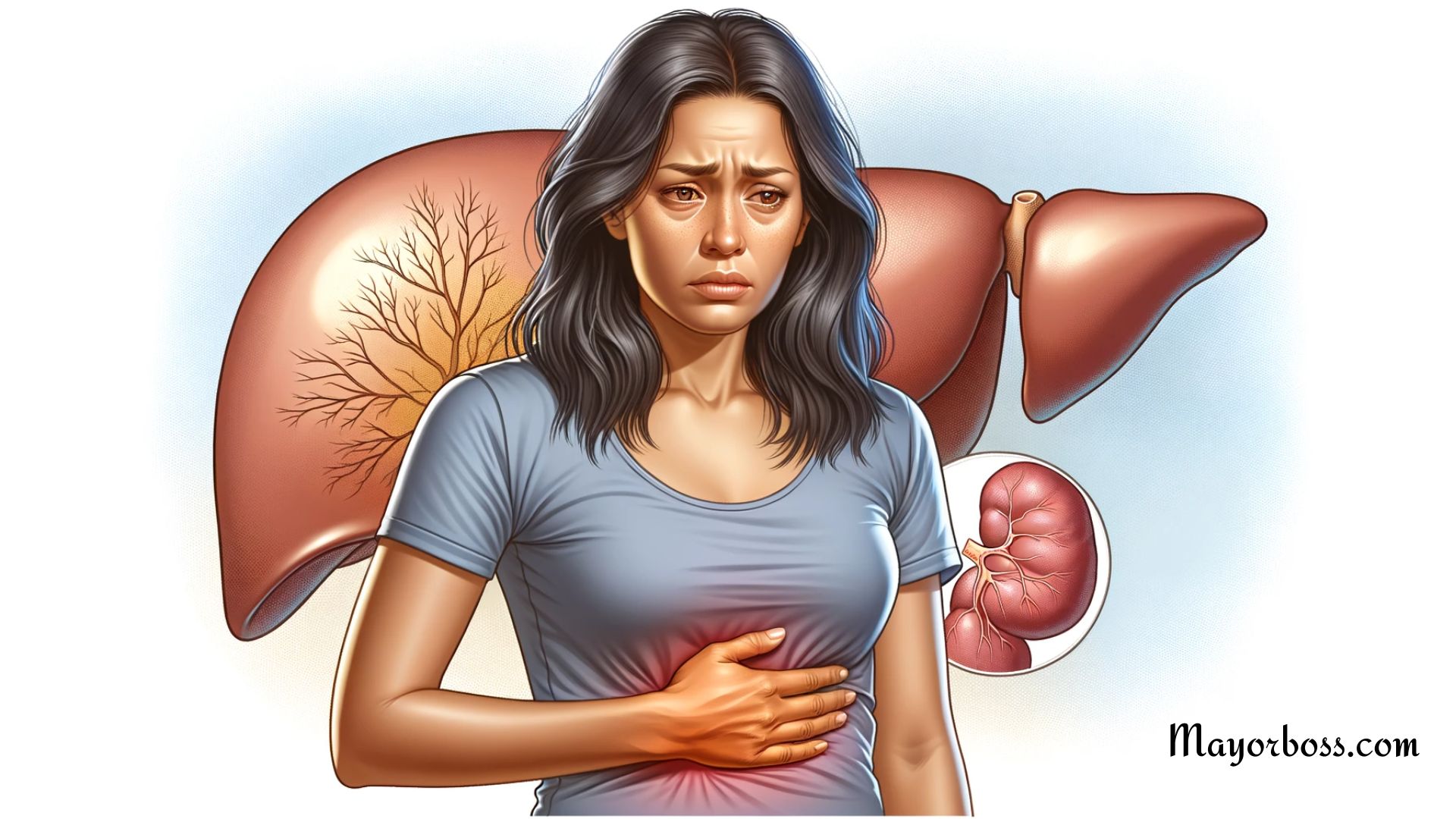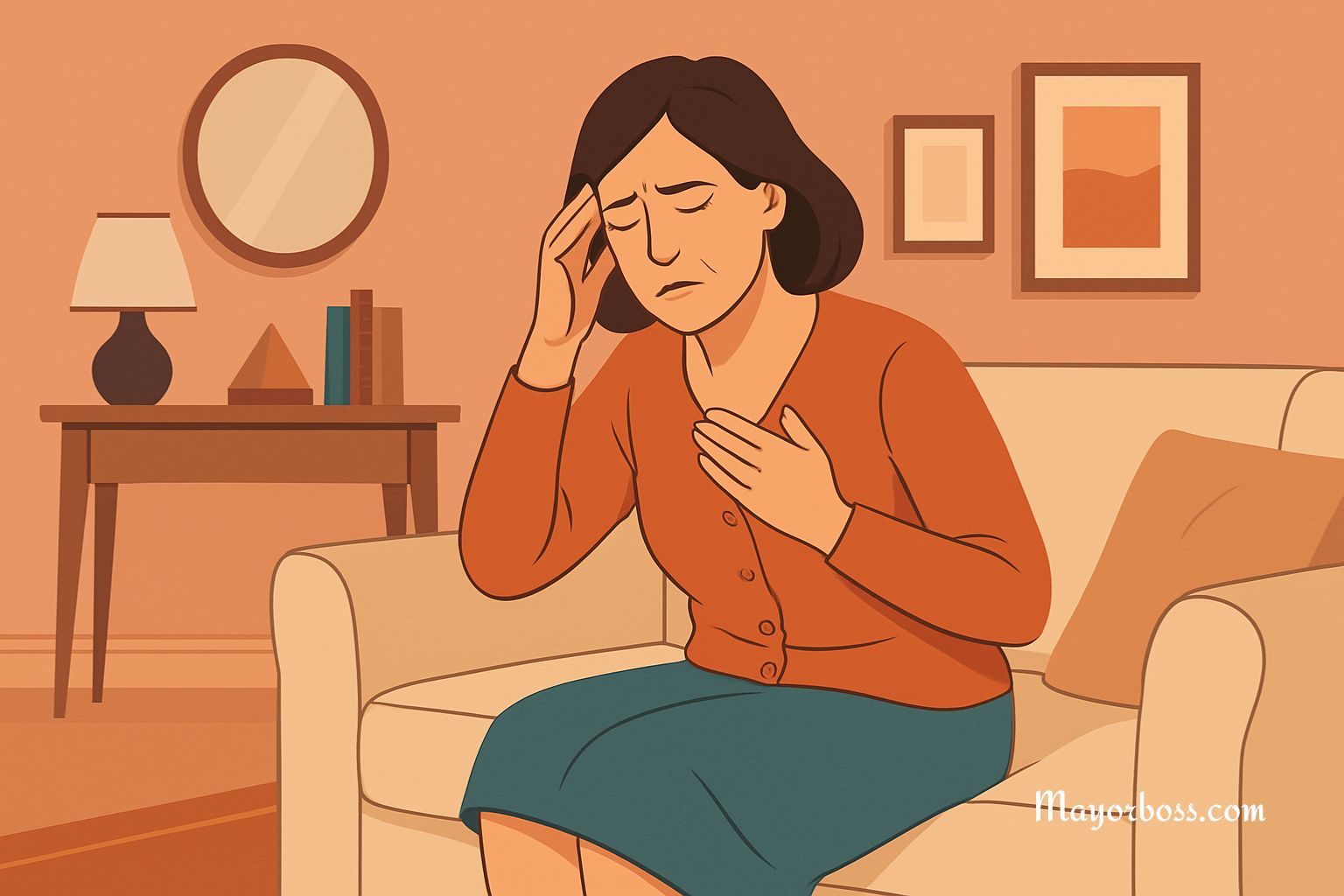Are You Ignoring These Common Symptoms of Vitamin B Deficiency?
Have you been experiencing unusual symptoms lately? It’s possible that they could be pointing towards a deficiency in Vitamin B. Vitamin B plays a crucial role in maintaining overall health, and a lack of it can lead to a variety of health issues. In this article, we’ll delve into how certain symptoms may indicate a Vitamin B deficiency, what you can do about it, and ways to prevent it. But before diving into how these symptoms manifest, let’s understand why Vitamin B is so essential for your health.

The Crucial Role of Vitamin B
Vitamin B is not a single vitamin but a complex of several vitamins, each playing a unique role in maintaining your health:
- Energy Production: Vitamin B1 (Thiamine), B2 (Riboflavin), B3 (Niacin), B5 (Pantothenic acid), B6 (Pyridoxine), B7 (Biotin), and B12 are crucial for converting the food you eat into energy.
- Nervous System Health: Vitamins like B6, B9 (Folate), and B12 are vital for the proper functioning of your nervous system.
- Cell Health: Vitamin B is essential for the health and production of new cells, particularly red blood cells.
- Brain Function: B vitamins, particularly B12 and Folate, are necessary for healthy brain function and cognitive health.
- Digestive Health: These vitamins also aid in maintaining a healthy digestive system.
- Heart Health: Vitamin B, such as B6, B12, and Folate, contribute to heart health by helping to reduce homocysteine levels in the blood.
Given these critical roles, a deficiency in Vitamin B can lead to various health issues, affecting everything from your energy levels to your mental health.
Symptoms of Vitamin B Deficiency
Vitamin B deficiency can manifest in various ways. Here are some common symptoms:
- Fatigue and Weakness: You might feel unusually tired or weak, a clear sign that your body is lacking in essential nutrients, including Vitamin B.
- Cognitive Difficulties: Experiencing problems with concentration, memory, or feeling ‘foggy’ can be linked to insufficient Vitamin B levels.
- Mood Changes: If you’re feeling more irritable or depressed than usual, it could be a symptom of Vitamin B deficiency.
- Digestive Issues: Problems like nausea, diarrhea, or loss of appetite might also indicate a lack of this vitamin.
- Skin and Hair Problems: Unusual changes in your skin and hair, such as rashes or hair loss, can sometimes be attributed to Vitamin B deficiency.
Addressing Vitamin B Deficiency
If you suspect a Vitamin B deficiency, it’s important to take the following steps:
- Consult a Healthcare Professional: Always start by consulting a healthcare provider to get an accurate diagnosis.
- Dietary Adjustments: Increase your intake of Vitamin B-rich foods like whole grains, eggs, dairy products, leafy greens, and lean meats.
- Supplementation: Your doctor may recommend Vitamin B supplements if dietary changes aren’t sufficient.
Preventing Vitamin B Deficiency
To prevent Vitamin B deficiency, consider these tips:
- Balanced Diet: Maintain a diet that includes a variety of Vitamin B-rich foods.
- Regular Check-ups: Regular health check-ups can help detect and address any nutritional deficiencies early on.
- Stress Management: High levels of stress can impact nutrient absorption, so managing stress effectively is crucial.
Frequently Asked Questions
Q: How quickly can you recover from Vitamin B deficiency? A: Recovery time varies depending on the severity of the deficiency and individual health factors. Dietary changes and supplementation can lead to improvements within a few weeks.
Q: Can Vitamin B deficiency affect mental health? A: Yes, Vitamin B plays a vital role in brain health, and its deficiency can impact mood, cognitive function, and mental health.
Q: Is Vitamin B deficiency common? A: It’s relatively common, especially among the elderly, those with dietary restrictions, or individuals with certain medical conditions.






